Farmers work in a peculiar environment, that is 24/7 outdoor activities in constantly changing atmospheric conditions. These conditions subject them to the extremes of weather, rugged terrains, and risks posed by tools and machines. Picking the right farm wear is a critical element to ensure that workers remain comfortable as well as safe amidst efficiency while at work.
This article introduces the different elements of fashionable and useful farm clothing, presenting variants like weather adaptability, protective gear, and recent technologies in farm apparel.
Importance of Appropriate Wear for Farmers
Following are the points that will provide an overview of why appropriate farmer wear is important.
Protection from Physical Hazards
- Puncture and Abrasion Resistance: Some fabrics like denim or canvas offer great protection to your feet from punctures by thorns, sticks, or tools. Stiffened knees and elbows of trousers are used as abrasion inhibitors when crawling or kneeling.
- Impact Protection: Heavy work equipment or animals pose a hazard to workers, but vests or helmets can help to divert the impact and decrease the risk of injuries.
Protection from Chemical Hazards
- Chemical-resistant Materials: For some tasks such as the application of pesticides there are specialized suits made from materials such as Tychem or Nomex. The coatings are impregnated and strengthened to penetrate and destroy the chemical contents.
- Seam Sealing: Seam is one reason that makes the protective clothing fail its purpose. The right seam sealing prohibits all chemicals ‘outflow through stitch holes and their contact with the skin.
Environmental Protection
- Sun Protection: Long sleeves, wide-brimmed hats, and clothes with UPF (Ultraviolet Protection Factor) rating help farmers to protect themselves from harmful sun rays, hence, reducing their chances of sunburn and skin cancer.
- Weather Protection: The waterproof and breathable materials such as Gore-Tex ensure that the farmers do not get wet in the rain and let the sweat out to prevent overheating. In cold climates, the thermal insulation layers retain the body heat trying to escape.
Footwear Considerations
- Steel Toe Caps: So-called steel toe caps offer protection from dropped objects and unintentional machine contact.
- Shank Support: Shank support in boots alleviates muscle fatigue and assures safety more than protruding ankles on rocky surfaces.
- Slip Resistance: Comprehensive deep design of the soles facilitates significantly better tread design suitable for wet, muddy, or manure-filled areas.
Additional Technical Features
- High Visibility Clothing: Extending visibility during low-light conditions through reflective stripes or neon colors adds to the car’s safety and the well-being of other road users.
- Moisture Wicking Fabrics: The wicking moisture away from the body helps farmers to be comfortable and cool while working in hot weather and physically tiring days.
- Antimicrobial Properties:In addition to specialized clothing, many items are now being manufactured with antimicrobial treatments such as odor-reducing and inhibiting the growth of bacteria.
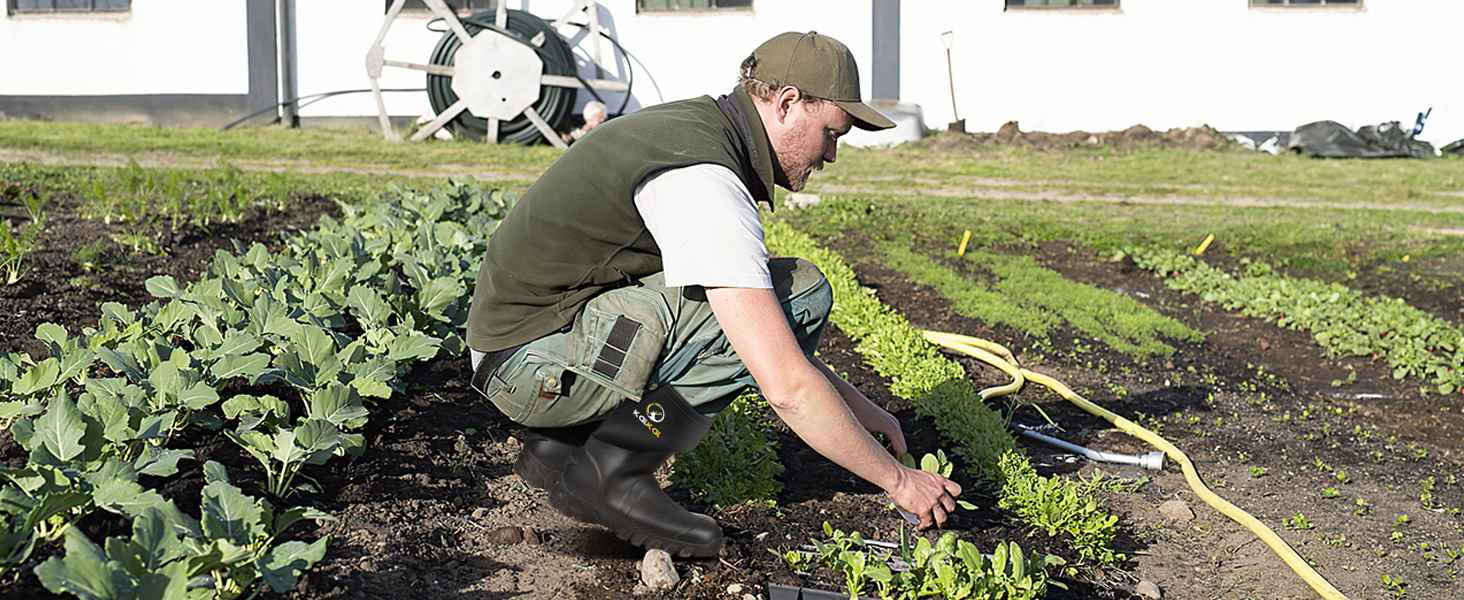
What Clothes Do Farmers Wear Daily?
Farmers prioritize practicality and comfort in their daily wear. Here’s a breakdown of what you’ll typically see farmer clothes in:
Choices For Daily Wear
- Base Layer: Some farmers begin with a breathable, moisture-wicking undershirt for their comfort and body temperature regulation.
- Work Pants: Long-lasting jeans or work pants made of canvas or ripstop textiles will protect from scrapes, thorns, and everyday wear and tear. A large number of pockets are included in cargo pants which are often used for tuner carrying.
- Work Shirts: The long-sleeved shirts in breathable fabric like cotton or cotton blends offer sun protection and can be centrally unrolled for cooler weather.
- Work Boots: Ergonomic boots with good ankle support and nonslip soles are vital to ensure your safety when going through rough terrain or working around the machines.
Basic Features
This combination of clothing should address the basic needs of farmers:
- Durability: Farm work can be tough on clothes, so strong fabrics that resist wear and tear are essential.
- Protection: Clothing should shield farmers from sun exposure, abrasions, punctures, and some chemicals.
- Comfort: Farmers are often on their feet for long hours, so breathable and comfortable clothing is key.
- Layering: The ability to layer clothing allows farmers to adapt to changing weather conditions.
Work Wear Differences For Men And Women
There can be some overlap, but traditionally there are slight differences. Men’s workwear tends towards darker colors and looser fits, while women’s workwear may offer a wider variety of colors and more fitted styles.
However, the function remains key – both should prioritize comfort, durability, and safety. These days, many workplaces encourage gender-neutral clothing options.
What Are Some Protective Accessories For Farmers?
Farmers need protective gear! Farming is a hazardous occupation that can be made safe by wearing the appropriate PPE. This will help to avoid injuries and illnesses.
This can include a wide range of different types of safety equipment, which are needed based on the specific activity a farmer is involved in. And here are some of the most popular ones.
- Gloves: Gloves shield hands against cuts, abrasions, burns, chemicals, pesticides and other dangerous risks in agriculture. Several kinds of gloves are available for a variety of jobs i.e. one of the heavy-duty gloves to work with machines and the other one of the thin gloves for the seeds planting.
- Footwear: Steel toe caps boots keep feet away from crush injuries and their feet safe from going through sharp objects. Grass booties are used to keep the feet from getting damp, muddy, or sprayed by chemicals.
- Hats: The helmets act as a shield between the head and those things that drop out and an accidental blow. Wide-brimmed hats are cool hats for the sun and heat stroke prevention.
- Eye protection: Eyes are shielded from dirt, hits, and chemical particles by using safety glasses or goggles. Sunglasses with proper UV protection shield the eyes from ultraviolet (UV) radiation.
- Hearing protection: Earplugs or earmuffs can act as a barrier that limits hearing loss, helping workers avoid the loud noises from machines.
- Respirators: Respirators are designated to protect the lungs from pulverized particles, fumes, and aerosols. Demonstrating good personal protective gear is most important while handling pesticides and other hazardous chemical substances.
- Sun protection: Sunscreen and long-sleeved garments guard against sunburn and skin cancer. Sunscreen is a special kind of cream used to shield the skin from UVA and UVB Rays.
What Footwear to Wear On a Farm?
Can you wear normal shoes for farm work?
No, normal shoes are not safe for farm work and they are hard to clean. You need to invest in proper farming boots for better traction and overall safety.
They offer little protection from the following elements:
- Wet and muddy conditions
- Cuts and scrapes
- Falling objects
- Chemicals
What types of shoes are best to wear on a farm?
1. Calf-High Boots
Boots provide the most protection and cleanness and are necessary for many farm chores, especially those with high boot shank. Here are some common types:
- Steel-toe boots: Your feet should be protected from the harmful effects of being crushed and spiked by sharp objects like tools and rocks. These safety wear are a must when you work with tools that can fall and cause serious harm or even lose your life.
- Rubber boots: Keep your feet dry and safe from getting contaminated via mud, water, and chemicals. These are indispensable items when it rains, mucking the stall, or working around ponds or some other water body.
- Work boots: Offer a balance between safety and joy, for example by including ankles, pillows, and slip-resistant soles. These are all-around farm boots that can be worn for a wide variety of chores.
2. Work Shoes
They are a good option for drier conditions and tasks that require more dexterity, such as operating machinery controls, handling small animals, or working in barns where good ventilation helps keep things dry. Look for work shoes with the following features:
- Shank support: Allows stability and decreases footing fatigue, this factor is particularly important when you have to stay on your feet, mostly for many hours continuously.
- Slip-resistant soles: Whether in an emergency or just a matter of caution – blocking falls of individuals on wet or uneven surfaces even if it’s not a daily occurrence. Many farms have spillage due to bad weather (rainwater collection) or building operations (freezing materials), so slip resistance is always a good idea.
- Leather or other durable materials: It can withstand wear and tear from walking, jumping fences, etc. typical farm hands. Choose materials that are easy to clean also, if you happen to walk on something wrong.
Recommended Choice For Farm Boots
Introducing the Kalkal Tall Farm And Ranch Boots, your trusted companion for conquering the outdoors. Crafted with 100% waterproof neoprene and rubber, these boots keep your feet dry and protected in any condition, from rain and mud to snow and rough terrains.
The deep tread outsole provides superior grip, while the 6mm neoprene lining ensures warmth and comfort even in extreme temperatures. Kalkal boots are durable and user-friendly for farming, hunting, fishing, or any outdoor adventure.
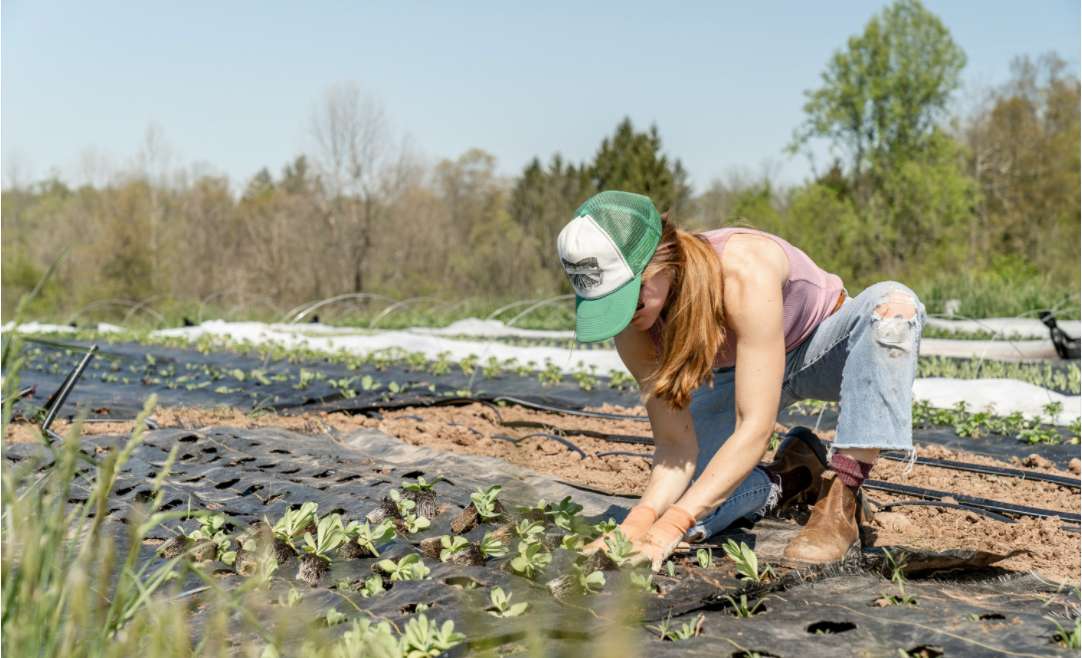
What To Wear On a Farm In Summer?
Summer farming involves the consideration of seasonal changes, weather conditions, type of work, and other factors. In summer the weather can be hot and humid, that’s why it is important to wear light breezy, and breathable clothes that you find comfort in.
Choose long and flowy cotton T-shirts and shorts that allow for airflow and dry quickly.
For footwear, sturdy construction capable of converting your feet against hazards from farm implements and breathable mesh material for air ventilation is crucial.
In addition, look for shoes that support you and have non-slip soles. This way, you will not fall and hurt yourself while you are working.
Moreover, using a wide-brimmed hat and sunglasses will cover your entire face from the direct sun rays. Do keep in mind to moisturize on an ongoing basis so you can prevent sunburn.
What To Wear On a Farm In Winter?
In colder climates, it’s worth packing a selection of warm and comfortable clothing to help you cope with the cold temperatures more easily.
This may include items like sweaters, long-sleeve underwear, scarves, and caps. The essentials for footwear include insulated boots with good traction so that they can be used to prevent skidding on ice surfaces.
Layering is an indispensable part of winter clothing, giving you that chance to switch your garments depending on temperature fluctuations as the day progresses.
You can start with a base layer made of moisture-wicking material as it will keep away sweat from the skin. On top of that, use insulating material such as fleece or wool, to hold heat and keep you warm. After that, use a waterproof and windproof outer layer to shield you from the elements.
In particular, it would be preferable to introduce winter-friendly things like wool uniforms, blazers, and long coats that can be used to supplement your work clothes. Being mindful of the shoes you choose for work, make sure they are both suitable for the work environment and able to withstand the weather conditions.
Farm Wear: Can Function Meet with Style?
Definitely! Modern farm wear is designed to be both functional and stylish. Technical fabrics offer breathability, moisture-wicking properties, and sun protection, while cuts are designed for comfort and ease of movement.
Think jeans with reinforced knees, or moisture-wicking tees in flattering silhouettes. Farm wear today lets you look good while getting the job done.
Here are some fashionable farmwear ideas that blend function with style:
- Base Layer: Start with a moisture-wicking base layer in a fun color or pattern. This keeps you cool and dry while adding a pop-under overalls or a jacket.
- Overalls with a Twist: Classic overalls never go out of style, but opt for a colored or patterned option for a more modern look.
- Technical Tee: Ditch the plain white tee and choose one with a flattering cut and technical fabric that fights sweat and keeps you cool.
- Sun-protective Hat: A wide-brimmed hat is essential for sun protection, but choose one with a fun design or straw material for a stylish touch.
- Durable Boots with Flair: Self-clean boots are a must, such as rubber deck boots and cowboy boots. There are options with different colors, leathers, or even laces to add personality.
Conclusion
Farmers are supposed to work long hours in unfriendly conditions, such as extreme weather, rough terrains, and hazards from tools and machinery.
Deciding on apparel is key to comfort, security, and workability. The blend of function and style in modern farm wear is evident in the technical fabrics, and breathable materials alongside protective gear which all come in different designs.
Whether it is base layers or work boots, farmers can now be protected as well as look impeccable while fulfilling their duties.


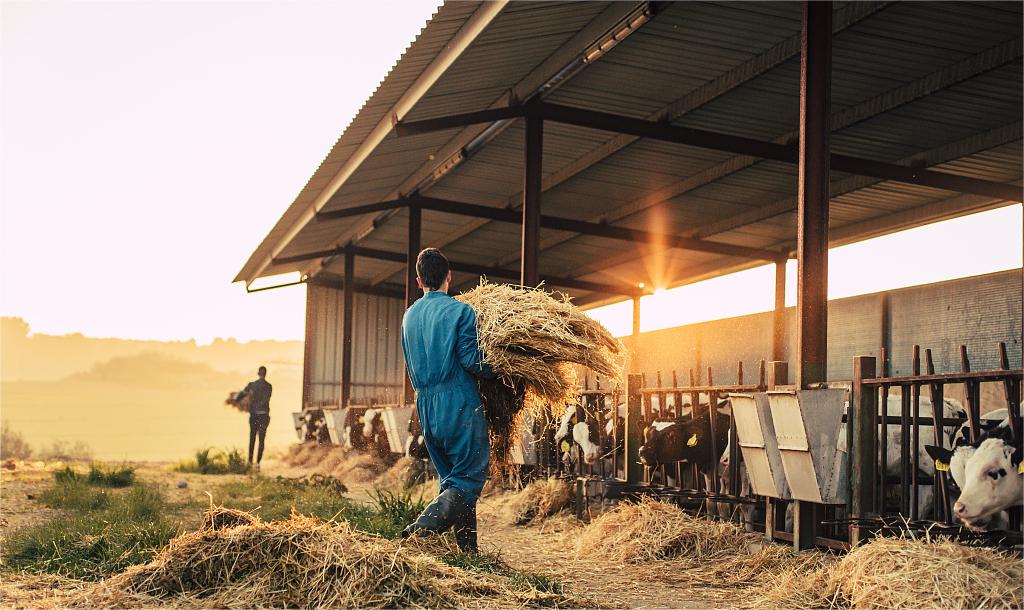
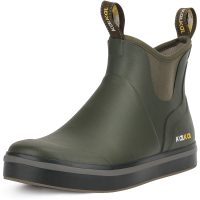

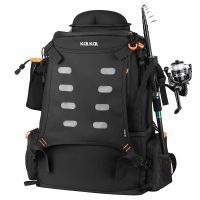
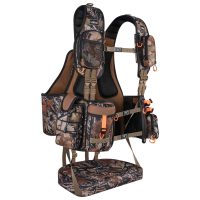



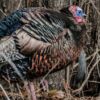

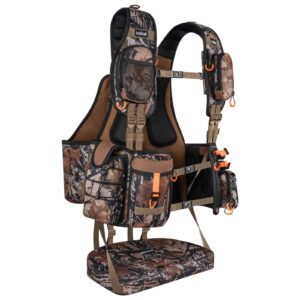
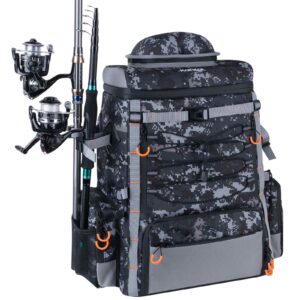
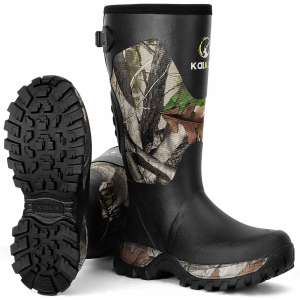
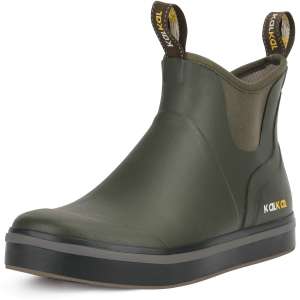
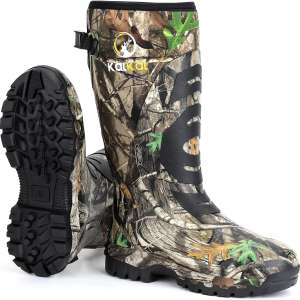

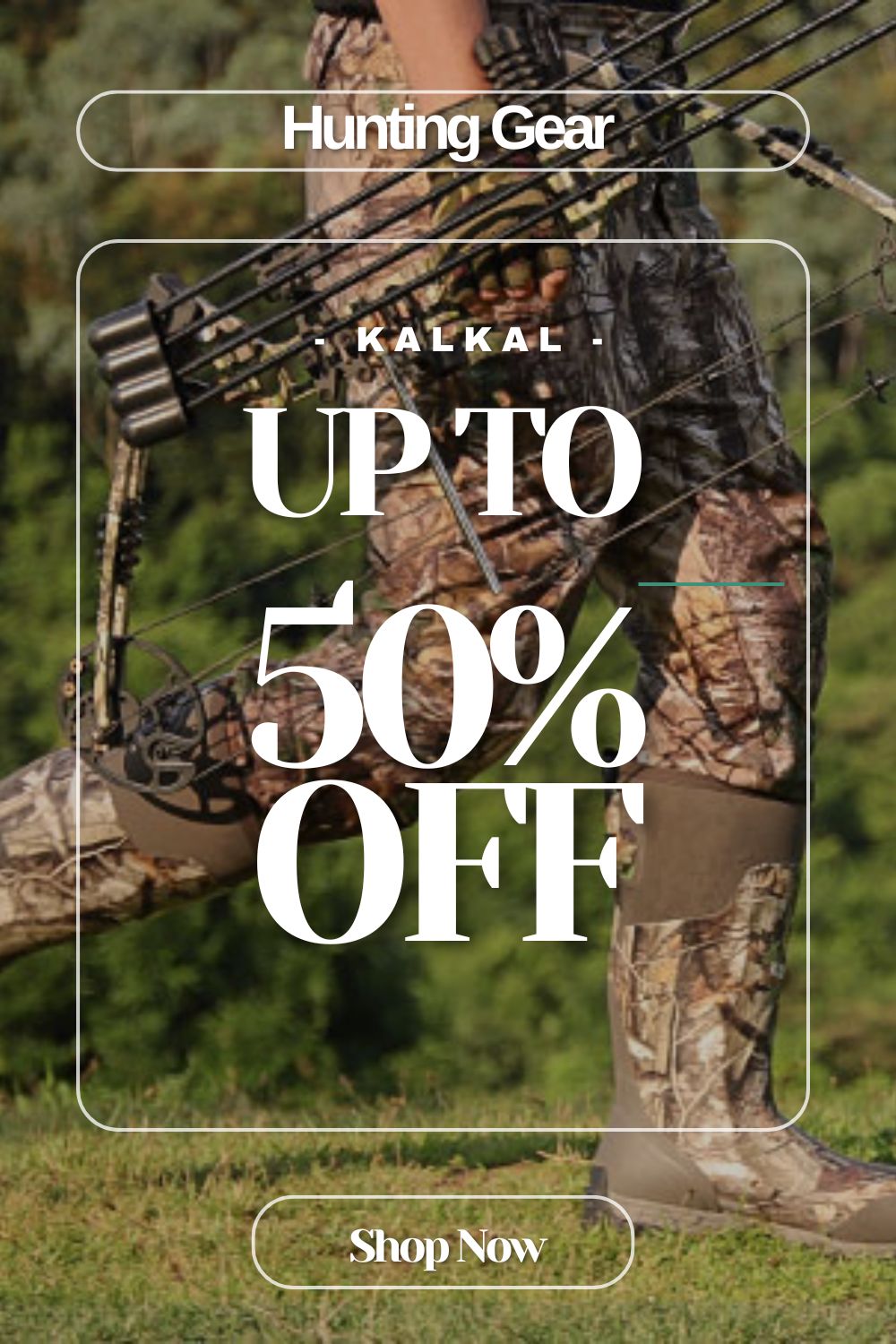

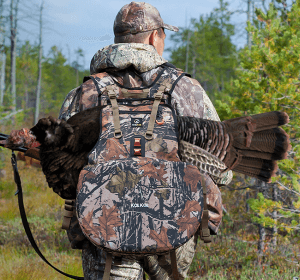
Leave a reply